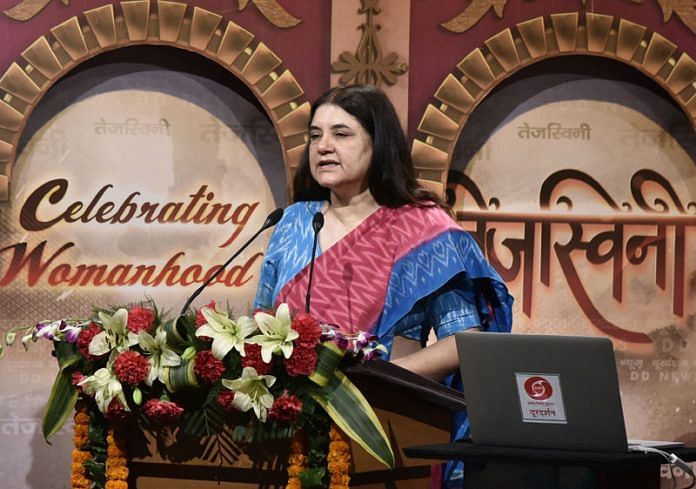In an affidavit submitted to court, the government sounds caution against the misuse of marital rape, if it were to be recognised by law.
Sanya Dhingra & Apurva Vishwanath
Citing the threat of marital rape becoming a phenomenon that may destabilise the institution of marriage, the Centre Tuesday submitted before the Delhi High Court that marital rape cannot be criminalised.
In a three-page affidavit submitted to the court, the Centre said that the criminalisation may become an “easy tool for harassing the husbands”. In keeping with the recent Supreme Court judgment to curb the misuse of Section 498-A (anti-dowry law), the government has warned against the misuse of marital rape, if it were to be recognised by law.
More crucially, the government said deleting exception 2 of Section 375 of the Indian Penal Code would not serve any purpose since there would be no way to verify allegations of rape made by a wife against her own husband.
“If all sexual acts by a man with his own wife qualify to be marital rape, then the judgment as to whether it is a marital rape or not will singularly rest with the wife,” the affidavit says. “The question is what evidence the courts will rely upon in such circumstances as there can be no lasting evidence in case of sexual acts between a man and his own wife.”
Arguing that a legal prohibition on marital rape may not suffice in curbing the problem, the Centre quoted the Justice J. S. Verma committee report to argue that it is important that there are changes in the attitude of prosecutors, police officers and those in society generally. “Thus merely deleting the exception 2 of Section 375 may not stop marital rape,” the affidavit read.
Only because other “mostly Western countries” have criminalised marital rape is no reason for India to follow suit, it argued. “This country has its own unique problems due to various factors like literacy, lack of financial empowerment of the majority of females, mindsets of the society, vast diversity, poverty, etc. and these should be considered carefully before criminalising marital rape.”
In a statement last year, women and child development minister Maneka Gandhi had said, “It is considered that the concept of marital rape, as understood internationally, cannot be suitably applied in the Indian context due to various factors like level of education/illiteracy, poverty, myriad social customs and values, religious beliefs, mindset of the society to treat the marriage as a sacrament, etc.”
The writ petitions filed before the Delhi High Court contend that the exception is unconstitutional and it violates the rights of married women under articles 14, 15, 19 and 21 of the Constitution.



